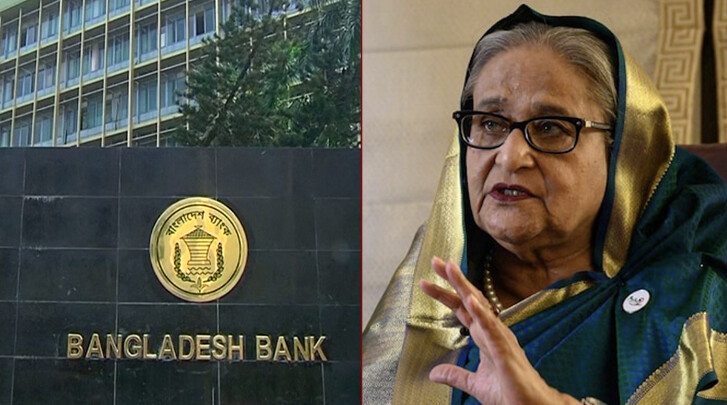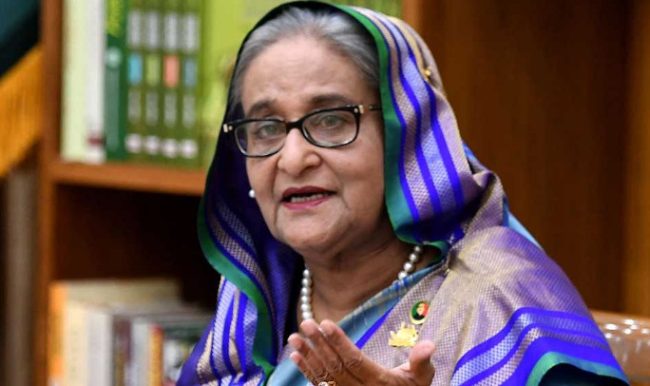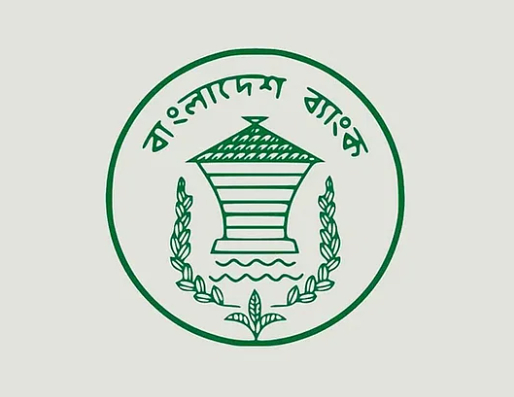
Former PM Hasina took a loan of Tk 41 thousand crores in the last period

Hasina government’s secret debt and the printing of 41 thousand crore Bangladeshi taka (approximately $3.75 billion USD) at the end of a fiscal period refers to a significant financial development in Bangladesh. This situation has raised concerns and sparked discussions about the country’s economic management and transparency.
This situation has become particularly contentious in light of the country’s recent political upheaval. Reports indicate that near the end of a fiscal period, the government may have engaged in large-scale money printing to cover debts and financial obligations, possibly without sufficient transparency or parliamentary oversight.The creation of such a large amount of money can lead to inflation, currency devaluation and a lack of confidence in the financial system, which are all worrisome for the economic stability of Bangladesh.

The practice of accumulating secret debts and resorting to substantial money printing has sparked criticism from both domestic and international observers. They argue that these actions reflect poor economic governance and raise questions about the long-term sustainability of Bangladesh’s financial policies. The potential impact on ordinary citizens, in terms of inflation and reduced purchasing power, is a significant concern, especially given the already challenging economic conditions in the country.
These issues are now part of broader discussions about the future of Bangladesh’s economic policy, especially as the interim government tries to stabilize the situation following the departure of Sheikh Hasina.

